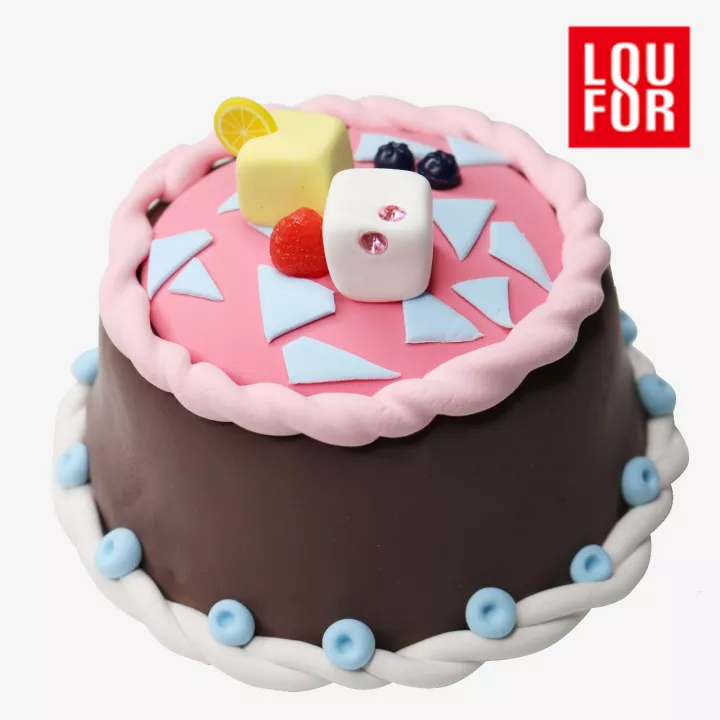The Growing Demand for Non-Toxic Play Dough
Non-toxic play dough has seen a significant rise in popularity among parents and educators alike. As awareness of children’s health and safety increases, more consumers are seeking out products that are free from harmful chemicals and toxins. This trend has led to a growing market for non-toxic play dough exporters who provide safe and sustainable options for creative play.
| Number | Article Name |
| 1 | polymer clay China Best Supplier |
| 2 | OEM modeling clay with BSCI certification Chinese Best Maker |
| 3 | 12 colors air dry clay China Best Exporters |
| 4 | 12 colors foam clay Chinese Best Suppliers |
With the increasing demand for eco-friendly toys, non-toxic play dough exporters are capitalizing on this opportunity by offering a variety of formulations made from natural ingredients. These products often include organic flour, vegetable-based dyes, and essential oils, making them not only safe for children but also appealing to environmentally conscious consumers. Exporters are now focusing on expanding their product lines to meet diverse customer needs, ensuring that they cater to both local and international markets.
As the global toy industry continues to evolve, non-toxic play dough exporters must stay ahead of trends and regulations. Many countries have stringent safety standards for children’s toys, and exporters need to ensure their products comply with these guidelines. By investing in quality control and sourcing materials responsibly, non-toxic play dough exporters can maintain their reputation and build trust with consumers.

Key Players in the Non-Toxic Play Dough Export Market
The non-toxic play dough market features several key players that have established themselves as leaders in the industry. These companies prioritize safety and sustainability, often leveraging innovative production techniques to create high-quality products. By focusing on research and development, they are able to introduce new flavors, colors, and textures that enhance the play experience for children.
Many exporters collaborate with schools, daycare centers, and educational institutions to promote their non-toxic play dough. This not only helps spread awareness of their products but also builds long-term relationships with customers. In addition, these partnerships often lead to valuable feedback, allowing exporters to refine their offerings based on actual user experiences.
Furthermore, social media and e-commerce platforms have become vital tools for non-toxic play dough exporters. By utilizing digital marketing strategies, these companies can reach a broader audience, showcasing their commitment to safety and creativity. Engaging content, such as tutorials or play ideas, can help attract potential customers and foster a community around their brand.
Challenges Faced by Non-Toxic Play Dough Exporters
Despite the positive growth in the non-toxic play dough market, exporters face several challenges that can impact their business operations. One major issue is the sourcing of raw materials that meet safety standards while remaining cost-effective. Fluctuations in the availability of natural ingredients can lead to increased production costs, which may affect pricing strategies and profit margins.
Additionally, competition in the market is intensifying as more companies recognize the potential of non-toxic play dough. Exporters must differentiate their products through branding, quality, and unique selling propositions. This necessitates continuous innovation and adaptation to changing consumer preferences, which can be resource-intensive.
Regulatory compliance is another challenge for non-toxic play dough exporters. Different countries have varying standards and regulations regarding children’s products, requiring exporters to navigate complex legal landscapes. Staying informed about these requirements and ensuring all products meet safety guidelines is crucial for maintaining market access and consumer trust.
